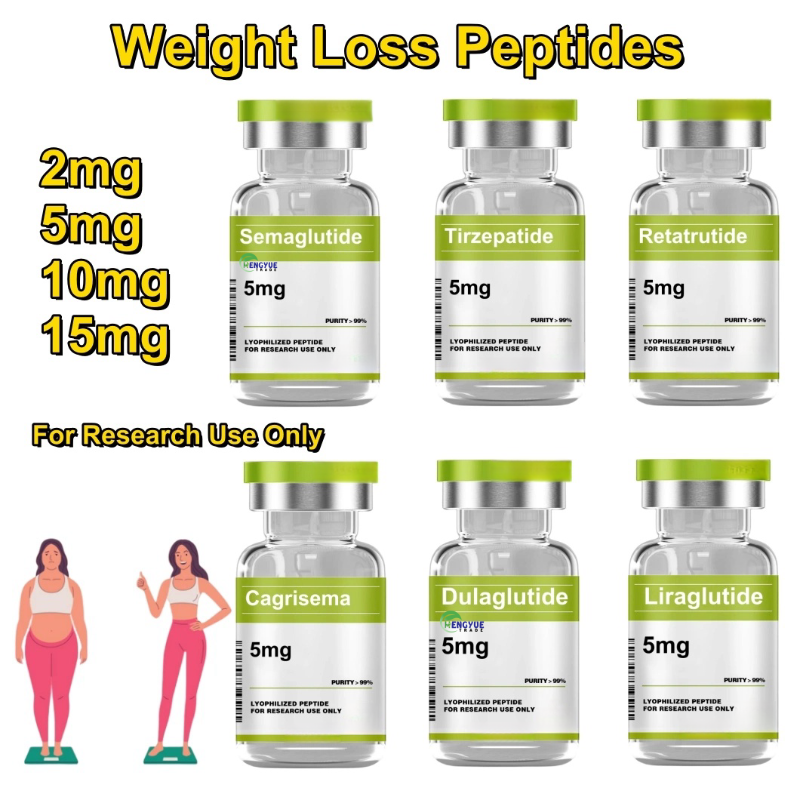-
Categories
-
Pharmaceutical Intermediates
-
Active Pharmaceutical Ingredients
-
Food Additives
- Industrial Coatings
- Agrochemicals
- Dyes and Pigments
- Surfactant
- Flavors and Fragrances
- Chemical Reagents
- Catalyst and Auxiliary
- Natural Products
- Inorganic Chemistry
-
Organic Chemistry
-
Biochemical Engineering
- Analytical Chemistry
-
Cosmetic Ingredient
- Water Treatment Chemical
-
Pharmaceutical Intermediates
Promotion
ECHEMI Mall
Wholesale
Weekly Price
Exhibition
News
-
Trade Service
Nivolumab is a monoclonal antibody drug that is used in the treatment of various types of cancer.
It is produced by pharmaceutical companies and is widely used in the chemotherapy of cancer.
Nivolumab works by blocking the PD-1 protein on immune cells, which helps to enhance the body's immune system and fight cancer cells.
Upstream products of Nivolumab
The upstream products for the production of Nivolumab include the raw materials required for the cultivation of the cells that produce the monoclonal antibody.
These materials include various types of media, reagents, and equipment required for the growth and maintenance of the cells.
In addition to these materials, the upstream products also include the laboratory equipment required for the purification and isolation of the monoclonal antibody.
This includes centrifuges, chromatography columns, and other related equipment.
Downstream products of Nivolumab
The downstream products for the production of Nivolumab include the final product itself, which is the monoclonal antibody.
In addition to the monoclonal antibody, the downstream products also include the packaging materials required for the storage and distribution of the drug.
These packaging materials include vials, syringes, and other related equipment.
Another important downstream product is the drug formulation.
Nivolumab is a liquid drug, and it must be formulated with other ingredients to make it stable and suitable for storage and administration.
The drug formulation includes excipients, such as buffers and preservatives, that are used to stabilize the monoclonal antibody and make it safe for use.
The use of Nivolumab in cancer treatment
Nivolumab is used in the treatment of various types of cancer, including melanoma, lung cancer, kidney cancer, and bladder cancer.
It works by blocking the PD-1 protein on immune cells, which helps to enhance the body's immune system and fight cancer cells.
Nivolumab has shown significant success in treating advanced stages of cancer and has been approved by regulatory authorities for use in a number of countries.
The market for Nivolumab
The market for Nivolumab is growing rapidly, and it is expected to continue to grow in the coming years.
The global market for cancer drugs is expected to reach $174.
9 billion by 2023, and Nivolumab is expected to play a significant role in this market.
The increasing incidence of cancer and the growing demand for effective cancer treatments are expected to drive the growth of the market.
The challenges in the production of Nivolumab
The production of Nivolumab is a complex and challenging process.
The drug is produced through the cultivation of cells, and the purification and isolation of the monoclonal antibody require a significant amount of time and resources.
In addition, the production of Nivolumab requires a high level of quality control to ensure that the final product meets the required standards for safety and efficacy.
The challenges in the production of Nivolumab include the cost of production, the time required for production, and the need for a highly experienced workforce.
The future of Nivolumab
Nivolumab is a promising drug for the treatment of cancer, and its market is expected to grow significantly in the coming years.
The drug has shown significant success in treating advanced stages of cancer, and there is a growing demand for effective cancer treatments.
The challenges in the production of Nivolumab can be addressed through advances in technology and the development of new manufacturing processes.
The future of Nivolumab is bright, and it is expected to play an important role in the treatment of cancer in the coming years.







